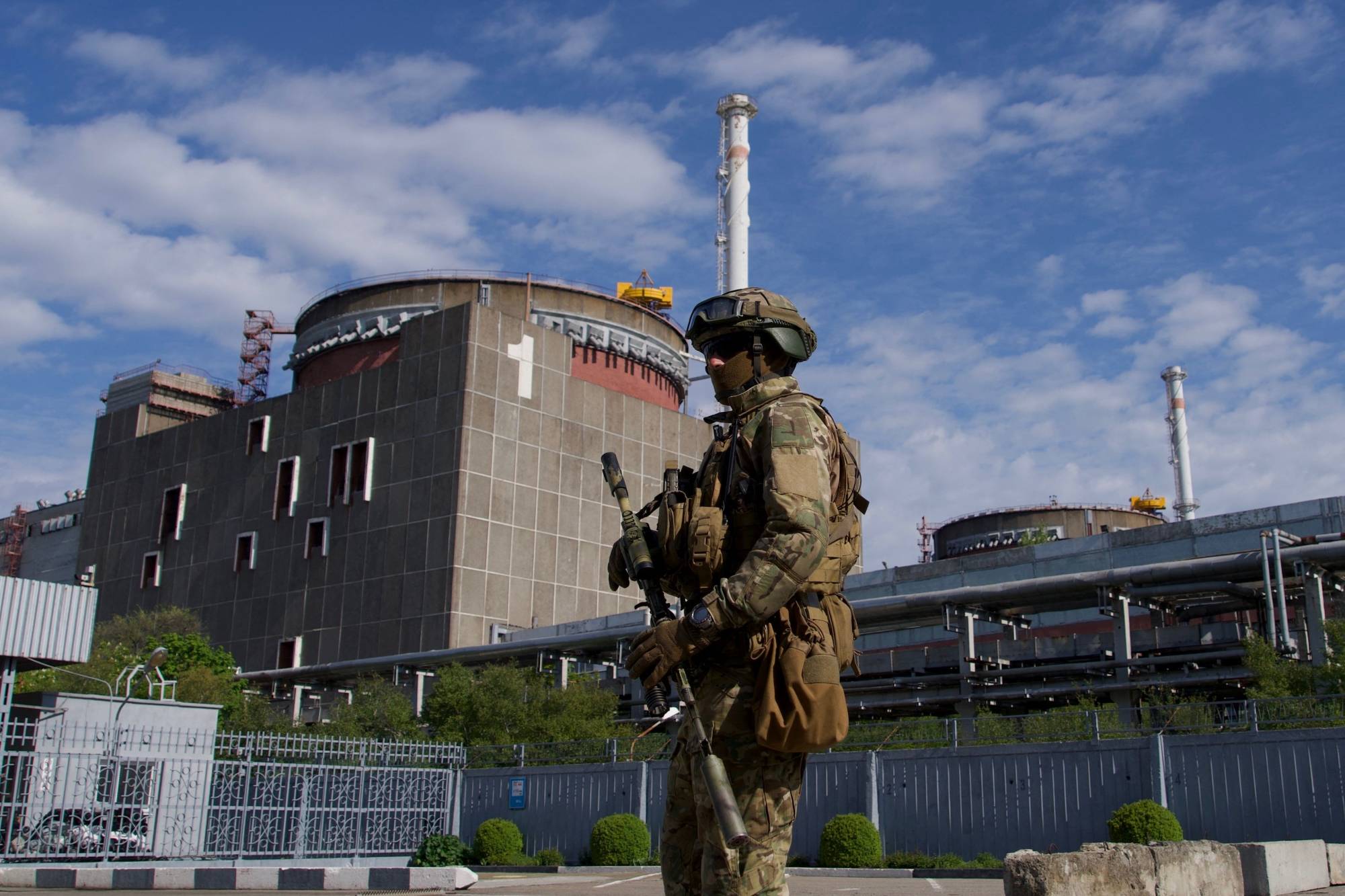In the early days of the war in Ukraine, Russian troops seized control of Europe’s largest nuclear power plant after a fierce battle that included shrapnel hitting the containment structure of reactor No. 1. The resultant fire was quickly extinguished, a thick wall prevented a breach, and in the ensuing five months, the war and global attention moved on to new fronts, new outrages and new horrors.
The war has had no shortage of devastation and global consequence — shifting geopolitical alliances, hunger in Africa exacerbated by missing grain exports, massacres of Ukrainian civilians, mass migrations and enormous losses of Ukrainian and Russian troops. Yet, the repeated shelling of the sprawling Zaporizhzhia nuclear power plant in recent days has particularly roused widespread fears and outrage about the sheer folly and existential danger of turning Europe’s largest nuclear power plant into a theater of war.
Ukrainian President Volodymyr Zelenskyy, speaking late Thursday to a nation that still bears the scars of nuclear catastrophe from the meltdown of the facility at Chernobyl in 1986, said the Kremlin was engaging in "unconcealed nuclear blackmail” and called the situation at the plant "one of the biggest crimes of the terrorist state.”



















With your current subscription plan you can comment on stories. However, before writing your first comment, please create a display name in the Profile section of your subscriber account page.